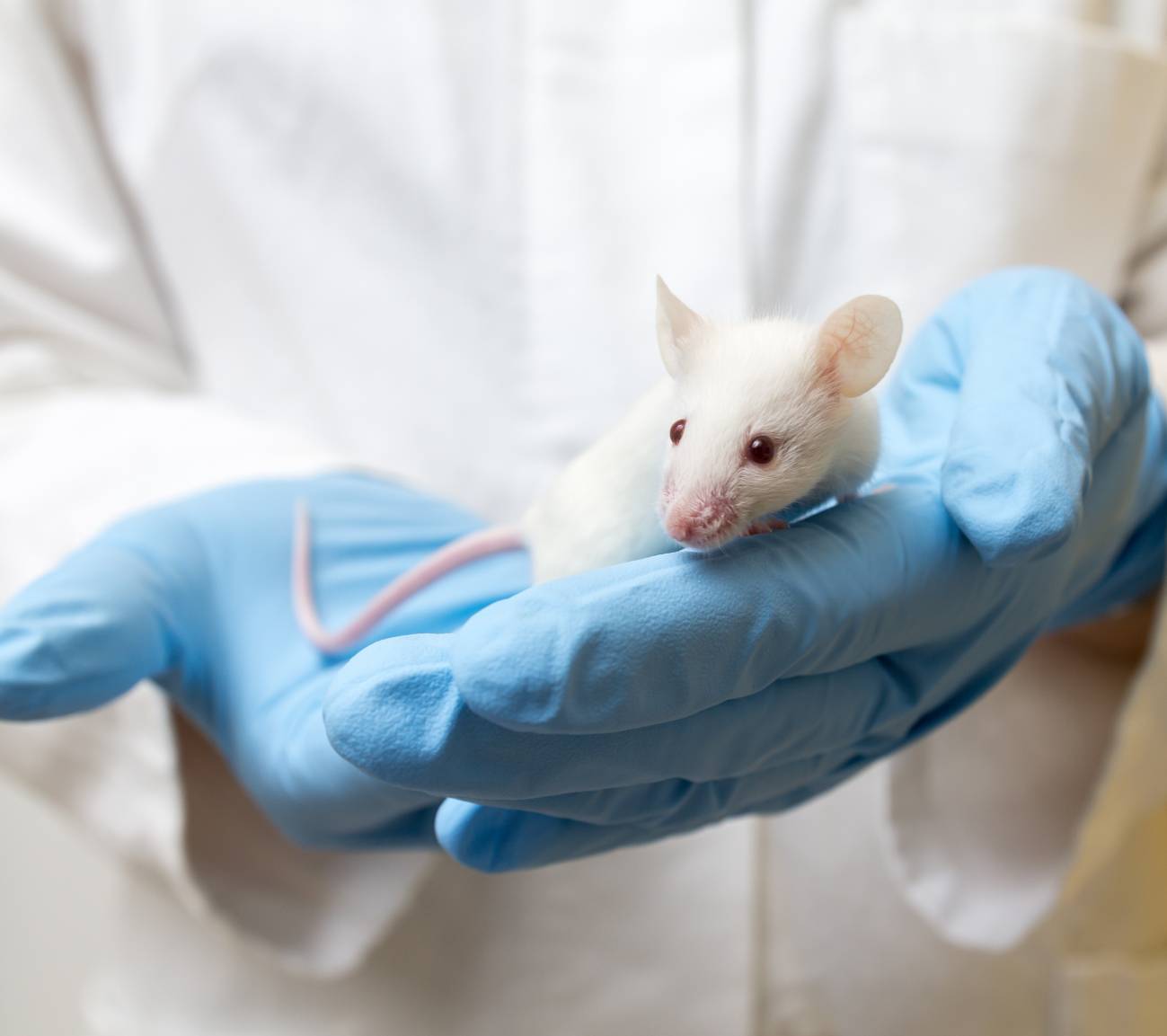Reaction to a study showing the efficacy of a male oral contraceptive in mice
A study in mice found that a molecule called TDI-11861 works as an oral male contraceptive, temporarily blocking sperm function. The paper, published in Nature Communications, presents the research as a step towards an on-demand male contraceptive drug: the user could take a birth control pill before sex and become fertile again the next day. Four co-authors of the study have founded a company in the US to develop such products.

Adobe stock
Luz Candenas - anticonceptivo masculino EN
Luz Candenas de Luján
CSIC senior scientist, researcher in reproductive biology
Soluble adenylyl cyclase (sAC) is a protein that plays an essential role in the acquisition and regulation of the fertilising capacity of mammalian spermatozoa. This study describes the effects of TDI-11861, a selective inhibitor of sAC, and its usefulness as a male contraceptive, administered orally in a single dose prior to sexual intercourse, without affecting ejaculation or sexual behaviour.
What is interesting about this study is that the drug targets a very specific sperm enzyme (one of the isoforms, ADCY10, is almost exclusively expressed in sperm cells) and, although other isoforms are more widely distributed, I think they have hit the nail on the head.
Other attempts have been made to develop male contraceptives, but so far none of these drugs have made it into the clinic. Although this research has been carried out in mice and clinical trials are needed to corroborate the efficacy of the drug in humans, this study opens the door to the development of the first single-use male contraceptive pill, offering an interesting alternative to the exclusive use of oral contraceptives in women.
Melanie Balbach et al.
- Research article
- Peer reviewed
- Experimental study
- Animals



